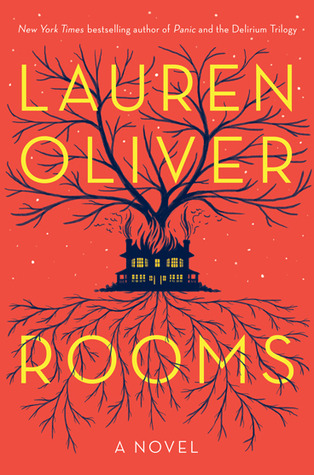
I keep telling myself that I should go back and update my old Reprint This! blog. For about three years, I was very interested in seeing some older, out-of-print comics repackaged, and got a kick out of championing these old properties and introducing new readers to them. Eventually, I let it turn into a chore instead of something to touch upon once in a while, and now I have too many other things to do than go back and update all the entries. Miracleman's back in print. So's Shade the Changing Man, and Black Jack, and Stainless Steel Rat, and Tales from Beyond Science, and lots of other things that were on my old wish list. And now, holy anna, Zenith by Grant Morrison and Steve Yeowell. (Here's what I had to say about it at Reprint This!.)
Last year, Rebellion dropped a limited edition brick with the entire series in one huge hardback. Just a thousand copies. In a PR world, this was a terrific idea. It got lots of people talking and paved the way for this four-book series, the first volume of which is out in a couple of weeks.
Zenith is a superbrat celebrity. In the world of this comic, the British government experimented with super-powered soldiers during World War Two, and, after the Allies concluded the unpleasantness by dropping an atom bomb on Berlin, began tests on pregnant volunteers. These children grew up to be short-lived celebrities in the 1960s before some of them lost their powers and some vanished and some died. Zenith is the only second generation human with powers. His mom and dad were killed in what was said to have been an accident in France nineteen years before. And their son? Well, in 1987, he thinks he has some musical talent and he thinks all his parents' boring old friends have got on with their lives, and all he cares about are getting his face in the papers and smooching cute starlets. Saving the world isn't part of his game plan, but when the Nazi supervillain Masterman reappears - he was the reason the Yanks bombed Berlin - not having aged a day since '45, he's got to get his act together quickly...
Zenith was Grant Morrison's first ongoing series and, perhaps despite the writer's protests to the contrary, it does clearly show more than a little influence from Alan Moore's Watchmen. Like that earlier story, it is a "real world" or "realistic" superhero adventure set in a universe where some alternative history has banged everything on the head, and, like that earlier story, the events affecting the present-day characters are influenced by a very large cast from the past, many of whom we only hear about in passing. In other words, Morrison had to design a very detailed backstory to make the present-day adventure work, but it works just beautifully.
The story is absolutely wonderful, and, unlike quite a lot of Morrison's later books unfortunately, it's clear and straightforward and still rewards rereads with lots of foreshadowing and hidden double-meanings, and the artwork by Steve Yeowell is just sublime. There were four long-form Zenith stories, along with four "interlude" one-offs, and a one-shot that appeared nine years after 1992's finale. This new hardcover collection includes the first storyline, or "phase," along with the first two interludes and several pages of character sketches by Yeowell and by Brendan McCarthy, who had done some early design work on the series. It's very nice to see this terrific series given such a nice collection at last. It shouldn't be missed. Highly recommended.

